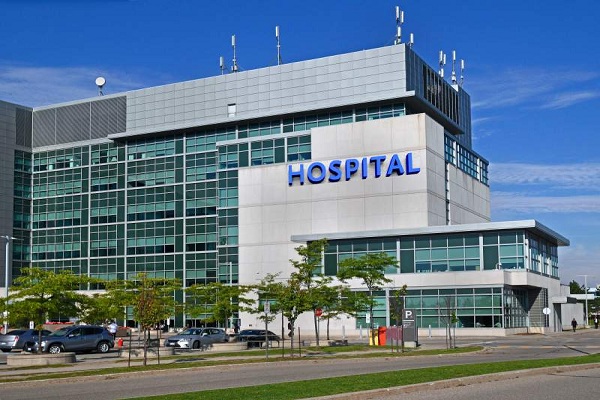In medical emergencies, every second counts. Emergency Medical Services (EMS) play a crucial role in saving lives by providing immediate care and transportation to healthcare facilities. These services are designed to offer rapid response, advanced medical support, and efficient hospital coordination, ensuring patients receive timely and appropriate care.
What Are Emergency Medical Services (EMS)?
EMS refers to a system that provides pre-hospital care to individuals experiencing medical emergencies. It includes ambulance services, paramedics, first responders, and emergency departments working together to offer immediate medical assistance.
Key Components of EMS
✔ Emergency Response Teams – Comprising paramedics, EMTs (Emergency Medical Technicians), and trained professionals who respond to emergency calls.
✔ Ambulance Services – Equipped with essential medical supplies, life-support systems, and trained personnel for rapid patient transportation.
✔ Emergency Communication Systems – A 24/7 helpline (such as 108 in India) that connects individuals in distress to emergency responders.
✔ Trauma & Critical Care Units – Specialized hospital departments that handle life-threatening injuries and conditions.
✔ Disaster Response Teams – Emergency medical professionals trained to handle large-scale accidents, natural disasters, and mass casualties.

Types of Emergency Medical Services
1. Pre-Hospital Emergency Care
- On-site treatment by paramedics and first responders.
- Life-saving interventions like CPR, wound management, and trauma care.
- Example: Ambulance services responding to road accidents or heart attacks.
2. Hospital-Based Emergency Care
- Critical care units (ICUs), emergency departments, and trauma centers.
- Rapid diagnostic procedures and specialized treatments.
- Example: Emergency surgeries, stroke management, and cardiac arrest care.
3. Air Ambulance Services
- Helicopters or aircraft equipped with medical staff for long-distance emergency transportation.
- Used for critical patients in remote areas or rapid inter-hospital transfers.
Importance of Emergency Medical Services
🔹 Saves Lives – Quick response times increase survival chances for critical patients.
🔹 Reduces Complications – Immediate medical intervention prevents further health deterioration.
🔹 Enhances Disaster Response – Essential in handling natural disasters, accidents, and public health emergencies.
🔹 Ensures Public Safety – Provides medical support during mass gatherings, events, and public crises.
Conclusion
Emergency Medical Services (EMS) are a vital pillar of healthcare that ensures timely medical intervention in critical situations. With trained professionals, advanced medical equipment, and efficient coordination, EMS saves countless lives daily. Knowing how to access these services can make a difference between life and death. Always stay informed and prepared! 🚑




